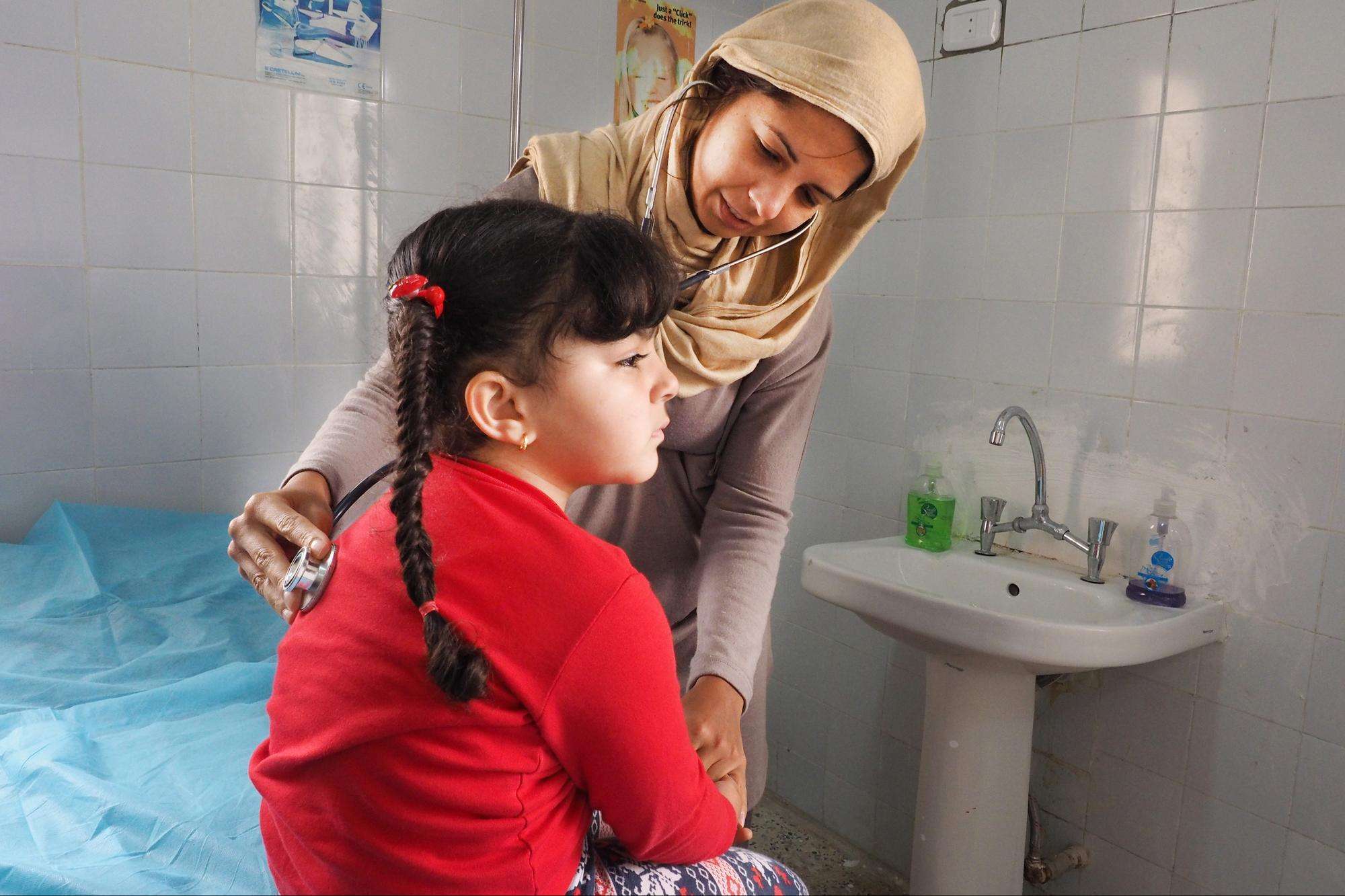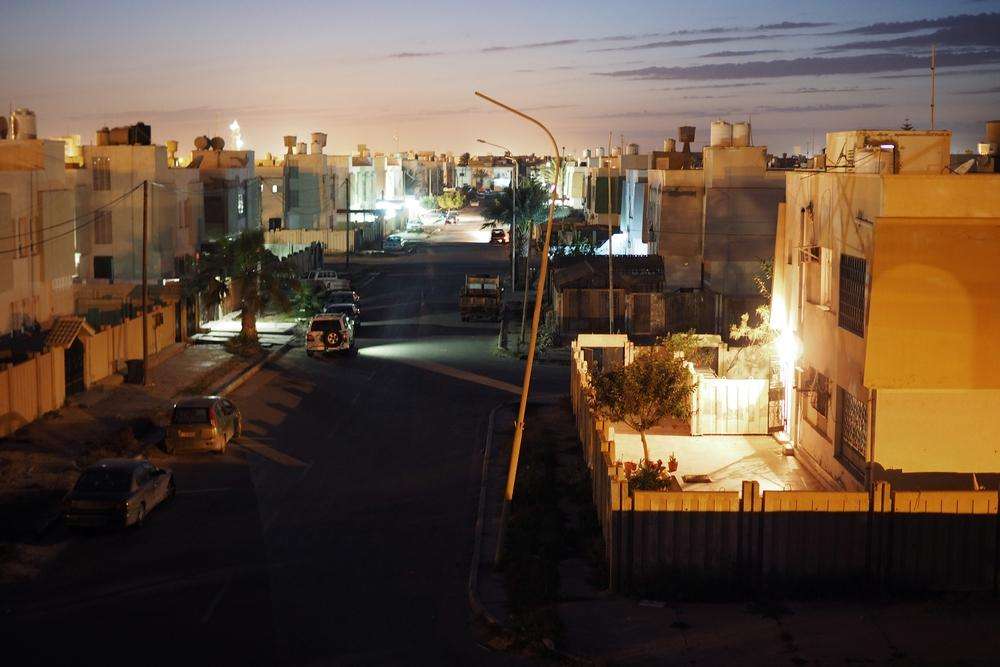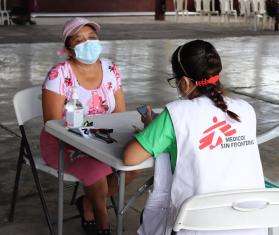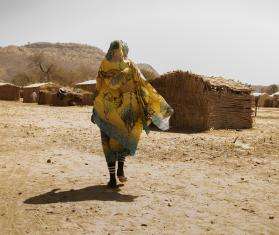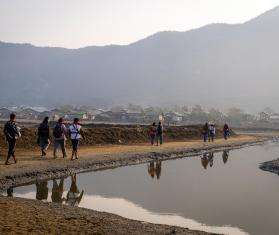Doctors Without Borders/Médecins Sans Frontières (MSF) president Dr. Mego Terzian recently visited medical facilities in Libya and gave the following account of the current medical and humanitarian situation in the country:
The perception of the security situation in Libya among other humanitarian actors is very poor and the presence of jihadist groups contributes to that perception. However, based on our teams’ observations, fighting is localized in a few areas. In other areas, such as Misrata and Tripoli, political and military tensions are high. Radical groups have certainly established themselves in Derna, Sirte, and in some Benghazi neighborhoods, where fighting occurs almost daily. Indiscriminate bombings in Benghazi are a major risk for our teams.
That said, the country is not in the midst of a bloodbath. It’s the political conflict that is very difficult. Two governments – one in Tobruk, in the east, and the other in Tripoli, in the west – are in conflict, and the United Nations has just set up a third. That third government has no power over the warring parties, however, and has not yet been endorsed by the Tobruk parliament.
What are the effects of the crisis on the health system?
The health situation has worsened sharply since 2011. Before then, Libya’s health care system functioned well. But hospitals have since closed or are operating on a reduced schedule because of damage or lack of resources.
In Benghazi, for example, the psychiatric hospital, the maternity hospital, which had 400 beds, and two other hospitals have closed. According to health authorities, all of the hospitals in the east are severely affected by a lack of funds to purchase drugs and supplies and a lack of medical staff. The health system in the west is experiencing the same problems.
MSF NURSE COLIN WATSON: LIBYA’S HEALTH SYSTEM IS NOW IN A CRITICAL STATE
The entire country faces a liquidity crisis and the banking system is failing. I’ve seen lengthy waiting lines at banks in Benghazi, where people are withdrawing money. The Ministries of Health in both the western and eastern governments have very limited resources and are having a hard time paying medical staff. Those employees also began leaving the hospitals in 2011, followed by a second wave of departures in 2014. Many foreign nurses – Filipino, Tunisian, and Egyptian – left. It’s a challenge today to convince doctors and nurses to work, or return to work, in Libya.
What can MSF do, given this situation?
We are trying to meet the needs of health facilities in the west and east of the country. For example, I visited the Al Abyar hospital a year ago. It was not operating at that time. Since then, we rebuilt the emergency room and the Ministry of Health is going to rebuild the maternity unit. We hope to continue this collaboration so that care can be provided to the 70,000 people living in Al Abyar and the surrounding villages, including hundreds of families who fled Benghazi and took refuge in Al Abyar.
Last year, we also undertook renovations at the Al Qubbah hospital, another hospital in a rural area, which treats medical emergencies and deliveries. We are donating drugs and consumables so that the operating rooms at the hospitals in Benghazi, Misrata, Al Marj, and Zuwara can continue to function.
MSF is one of the very few international actors present today. But it wasn’t easy to set up these operations. The Libyans got exposed to humanitarian aid in 2011 and there is great distrust of NGOs. The coexistence of three governments also makes it complicated to deliver drugs and medical supplies and send teams into the field. We have to be very careful to explain what we’re doing and who we are.
But we are seeing progress. In Zuwara, for example, the mayor provided us a building so that we can open a health center and offer medical consultations.
Libya has once again become a highly-traveled route for African migrants seeking to reach Europe. What is MSF doing for these vulnerable populations in Libya?
Migrants have come from other coastal cities to work in Zuwara. They are providing much-needed labor. But no boats have left Zuwara to cross the Mediterranean since the beginning of the year.
More generally, it is difficult to obtain access to the African migrants. They are very discreet once they reach Libya because they risk arrest and imprisonment. Our teams are trying to gain access to them to provide assistance, but have not yet managed to do so.
MSF began working in Libya in 2011, when teams in Misrata began treating the wounded and delivering mental health services. MSF also provided support to hospitals in towns such as Tripoli and Benghazi. In 2013, MSF provided medical care and psychological support to people in Tripoli suffering from maladies related to conflict. In 2015, MSF teams returned to Libya to increase inpatient capacity and treatment of casualties in Al Qubbah hospital, a town in the east near the front line. MSF began donating drugs to hospitals in Benghazi, Al-Abyar and El Marj, and then Misrata.
To help remedy the humanitarian issues that are the same in both east and west Libya – a shortage of drugs and trained personnel – in October 2015 MSF initiated training for nurses on the treatment of casualties in emergency rooms and operating theatres in towns such as Zuwara, Al-Abyar and Misrata.
There are around 100,000 displaced people in Benghazi where the army loyal to the Tobruk government has been combatting jihadi forces. MSF distributes food to 2,000 families, supplies three hospitals with drugs and, working in close partnership with a Libyan aid organization, gives pediatric and obstetric-gynecological consultations in a clinic opened on February 20.
MSF also donates vaccines to health centers in several regions in both east and west Libya. At the end of March, MSF began providing pediatric consultations at Jedi Ibrahim clinic in Zuwara, a town on the coast near the border with Tunisia. MSF plans at the end of April to extend its services to adult Libyans and migrants. Zuwara is located in a transit area where migrants are still attempting to cross the Mediterranean from Libya’s shores.
